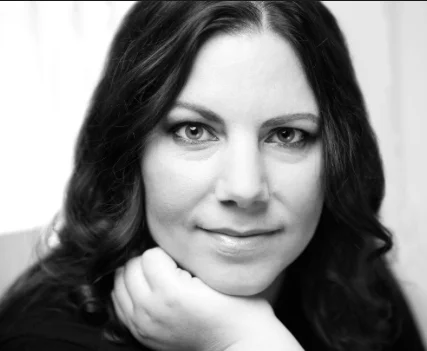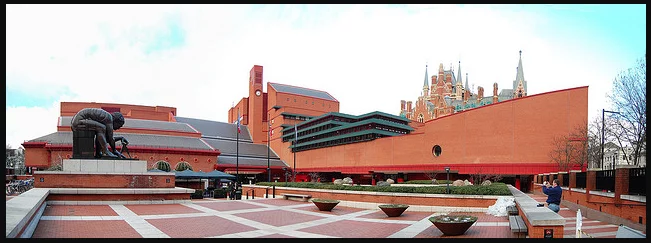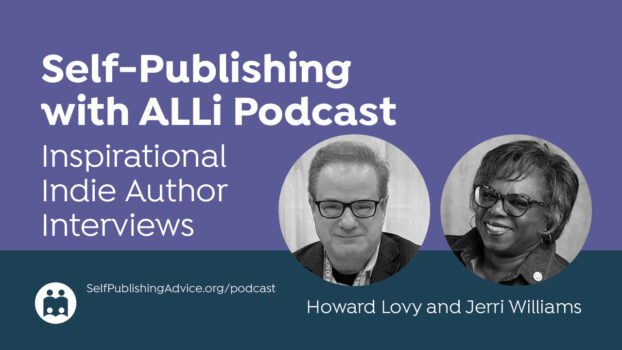During 2016 Melissa Addey has a dream job, as Writer in Residence at the British Library, where she’s paid to write, research and create new works. She shares how she got the gig, offer tips on a successful residency and points out the pitfalls so you can avoid them.
Background
A brief word about my background, so that the rest of this piece makes sense: for fifteen years I worked in business, developing new products and then moving on to mentoring entrepreneurs. Meanwhile I developed my writing on the side.
A year ago, having been made redundant while on maternity, I took the plunge and decided that it made more sense financially and creatively to stay at home until my kids are in full-time education (the cost of childcare meant I’d have to work 4 days a week to pay for 3 days cover: hmmm), allowing me to both spend time with them while they are little and work on my writing during the small snatched minutes that being a parent allows. My business background led me to create a business plan for my writing. One of my writing goals was to be a writer in residence.
Writer in Residence
I had a pre-existing relationship with the British Library from my business days so when we saw that the Leverhulme Trust had Artist in Residence grants available we were able to put together a joint proposal. For the Leverhulme Trust, the application must come from the host, not the artist. Other residencies are usually managed by the host institution itself, so application processes will vary depending on where you are applying.
The British Library
I’ve now been in place for three months and it is already everything I thought it would be, plus some. My focus is on the twin strands of storytelling for business and business for storytellers (authors). The British Library is a beautiful and fascinating place to be.
I am being paid a goodly sum of money to sit there for two days every week, researching, writing books, talking to interesting people, delivering workshops (which I find a lot of fun) and planning exhibitions. I get a break from the kids. It has helped to open doors for me – to deliver this blog post and a further presentation for Alli’s Indie Fringe events, to blog for three months at Mslexia, to be made multiple offers to undertake a Creative Writing PhD starting this autumn as well as making the people whom I wish to interview for the books willing to talk with me. I am very happy.
The initial signs are good: I am getting through the work plan we outlined in our grant proposal, the first workshops have been a great success and both I and my main contact are excited about the work that is still to come. I highly recommend the experience and I have written a few tips below to help you if you’d like to achieve something similar.
How to write a good application?
Probably starting well before the deadline is a good idea. Be clear about what both you and the host are getting out of the relationship and bringing to the project. Because I was to be in the Business and IP Centre, my business background made sense and brought together both my past career and my desired future career as an author. We were clear about what would be achieved and how, which I believe helped.
Have a look at what other writers in residence have done in both your host and other organisations, it helps give you ideas. Read the application carefully and try to fit what they’re looking for.
Clarify roles – we named who my main contact would be so that I knew who to communicate with. I think having a list of what you’re going to do is important. It means your host organisation and main contact know what to expect from you as well as how to best support you and it means you know what your priorities are. I have a terrifying to-do list involving multiple workshops, two exhibitions and writing two books all in the space of ten months, but I mostly wrote that list myself and it does mean that at the end of the residency I will know for sure whether I delivered what I was supposed to or not.
It helps to have proven yourself in the areas you’re going to tackle: I could point to my two non fiction books, experience in delivering workshops and the exhibition-curating skills of the British Library to suggest that what we were proposing would actually happen.
How to make the relationship go smoothly
We were clear from the start about how many days a week I’d be there and where I’d be working, although the British Library are also helpfully flexible when I choose to work from home or had to switch which days I’d do. Equally, they were clear about the overall focus (entrepreneurship) that was needed to achieve their own goals, which gave me a star to sail by. I am lucky in that my main contact is a positive, hard-working woman who doesn’t micro-manage, but I had already met a few people at the British Library and their working culture seems pretty much in that vein, so I had confidence in this aspect of the relationship.
Scope out the people you might be working with, nothing can ruin a job faster than not getting on with colleagues and managers. Having written a clear application, on day one we sat down and read through it to remind us what we were expecting from the residency, rather than needing to make it up at that point.
It’s not all creativity, prestige and fun. Here’s a few things to think about before you take the plunge:
- It’s important to think about the logistics as well as the creative parts. I had to think about childcare provision for my two children, including how much of what initially seemed like pretty generous money I’d be getting would go on paying for it (answer: almost two-thirds). Transport, location, computing facilities (I bought a laptop before I started) and so on: give it all a bit of thought. Some residencies just pay for your accommodation and board and some can be in remote areas: is this feasible for you? It would not be for me because of family commitments.
- The admin process within a large or charitable organisation can be extensive and time-consuming and if your role is unusual (like a residency) it can slow things further as there isn’t an established protocol to follow. If you’re used to working freelance or as a one-man band it could be frustrating so plan ahead for things like setting up email, staff passes and any other necessary administrative necessities.
- Once you’re known to be the writer in residence, new opportunities may arise that you didn’t plan for: I’ve been asked to write and deliver a talk on Shakespeare as Entrepreneur and speak on a panel at an archivists’ conference. These are fascinating and fun opportunities, but they are not on my ‘official’ list of things to do. I’ve done them and would like to do more, but I can see that at some point I might have to say no to any new requests in order to get done what I promised I would do, which will be a great shame. Then again, if I’d left a gap in my plan of what to do, it’s entirely possible that such opportunities would not have arisen. So it’s a juggling act. Leave a little contingency space in your ‘to do’ list for these opportunities.
My final advice to any of you thinking about being a writer in residence is: go for it! Find a residency that fulfils your needs and that you can bring something good to. Plan, plan and plan again. Finally: make the most of every minute, it goes faster than you’d think possible, which just shows what a lot of fun it is.
Would I do it again? You just try and stop me.
#IAF16 The bliss of being a writer in residence @MelissaAddey bit.ly/IAF172820 #amwriting Share on XClick here to find out more about Melissa Addey
GIVEAWAY
Melissa is giving away an ebook copy of her historical fiction novel “The Fragrant Concubine“, and an ebook copy of her her non-fiction book “The Happy Commuter”






[…] won Melissa Addey’s ebook “The Happy Commuter”, and Debbie won Melissa’s ebook “Fragrant […]